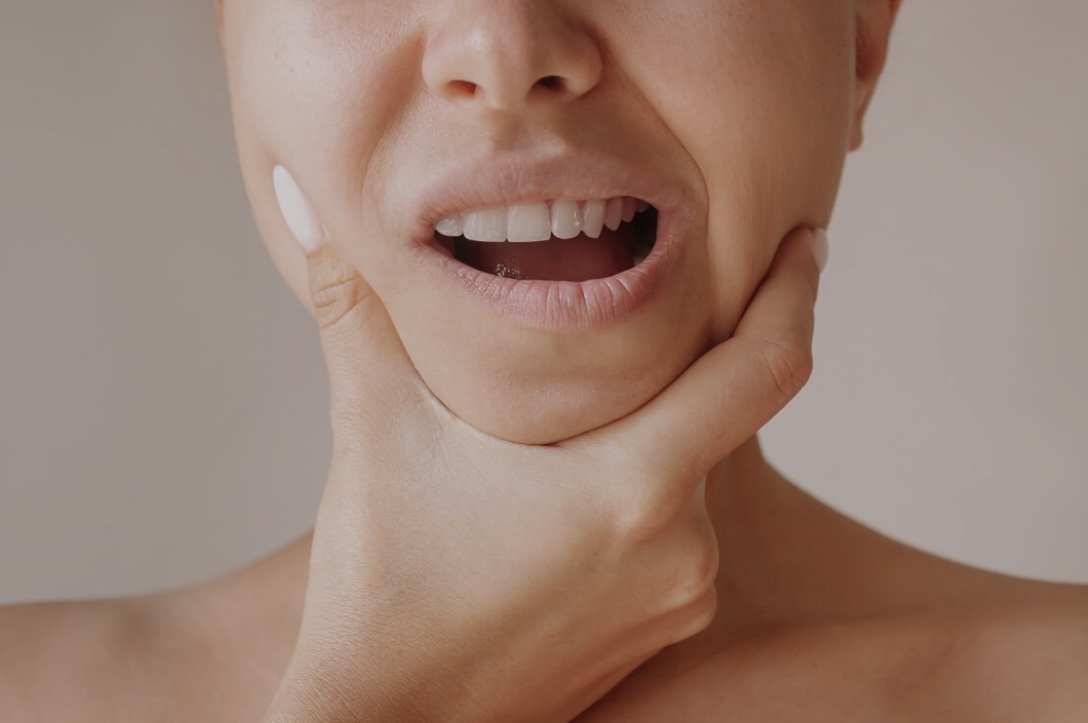
Jaw Pain and Clenching
After back pain, jaw and mouth pain are second. Why do so many of us struggle with jaw pain and teeth grinding? One key factor is the close connection between the mouth, jaw, and our nervous system. This connection operates automatically, meaning that tension in this area is often a direct response to stress.
The act of clenching our jaw can happen without us even realizing it. Over time, it can become the norm. But it's not just the jaw that's affected. When we clench, our head shifts slightly forward, which impacts the alignment of the neck, shoulders, and even our breath. Try clenching your jaw intentionally—notice how your stomach tightens and your diaphragm becomes restricted. This illustrates how interconnected our mouth and jaw are with the rest of the body.
Many of us become trapped in a cycle where anxiety leads to jaw clenching, and clenching, in turn, intensifies anxiety. This creates a loop: When I clench my jaw, I start to feel more anxious, and when I feel anxious, my jaw tightens again. This cycle not only affects our mental and emotional well-being but also our physical health.
Get in touch to learn how to cultivate awareness and break free from this habitual pattern.
